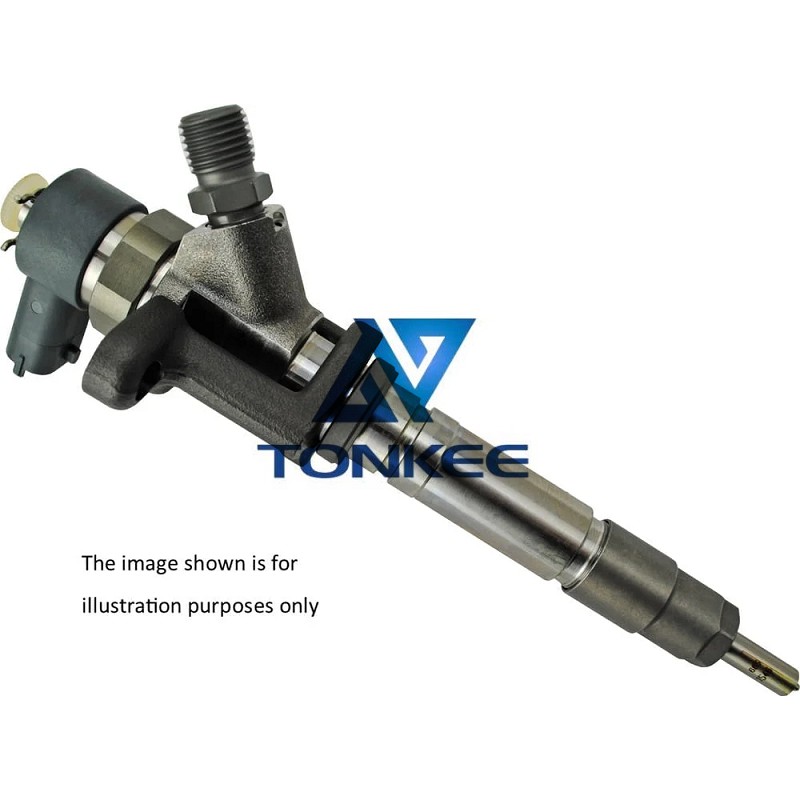
The A2C59511606 Common Rail Diesel Injector is a vital component in modern diesel engines.
Common Rail Injection technology has revolutionized diesel engine performance, efficiency, and emissions control. This injector is designed to precisely control the fuel delivery process, resulting in improved engine performance and reduced emissions.
Key Components:
Nozzle: The nozzle is the part of the injector that sprays the fuel into the combustion chamber. It has multiple tiny holes that ensure an even and finely atomized fuel spray for optimal combustion.
Control Valve: The control valve, also known as the solenoid or actuator, controls the opening and closing of the injector nozzle. It is electronically controlled and plays a crucial role in regulating the amount and timing of fuel delivery.
Piston: The piston is responsible for compressing the fuel and injecting it into the combustion chamber at high pressure. It moves in response to the control valve's signals.
Common Rail: The injector is connected to a common rail that stores high-pressure fuel. This rail supplies fuel to all injectors at a consistent pressure, hence the name "Common Rail."
Pressure Sensor: Common Rail systems are equipped with pressure sensors to monitor and regulate the fuel pressure. This ensures that the right amount of fuel is delivered under various operating conditions.
General Operation:
Fuel Supply: Fuel is supplied to the common rail at high pressure from the fuel tank.
Pressure Accumulation: The common rail accumulates and stores this high-pressure fuel, typically at pressures exceeding 1,000 bar.
Control Signal: When the engine control unit (ECU) signals for fuel injection, the control valve within the injector opens.
Fuel Injection: The high-pressure fuel is then sprayed through the nozzle into the combustion chamber. The control valve precisely regulates the duration and timing of this injection.
Combustion: The injected fuel mixes with air and ignites, producing power that drives the engine.
Repeat: This process is repeated multiple times per engine cycle to ensure continuous and controlled combustion.
Benefits:
Efficiency: Common Rail technology allows for precise control of fuel delivery, resulting in improved fuel efficiency.
Power: It enhances engine power output by ensuring efficient combustion.
Emissions Control: Common Rail systems significantly reduce harmful emissions, meeting stringent environmental standards.
Durability: These injectors are designed to be highly reliable and long-lasting.



 English
English Русский язык
Русский язык



